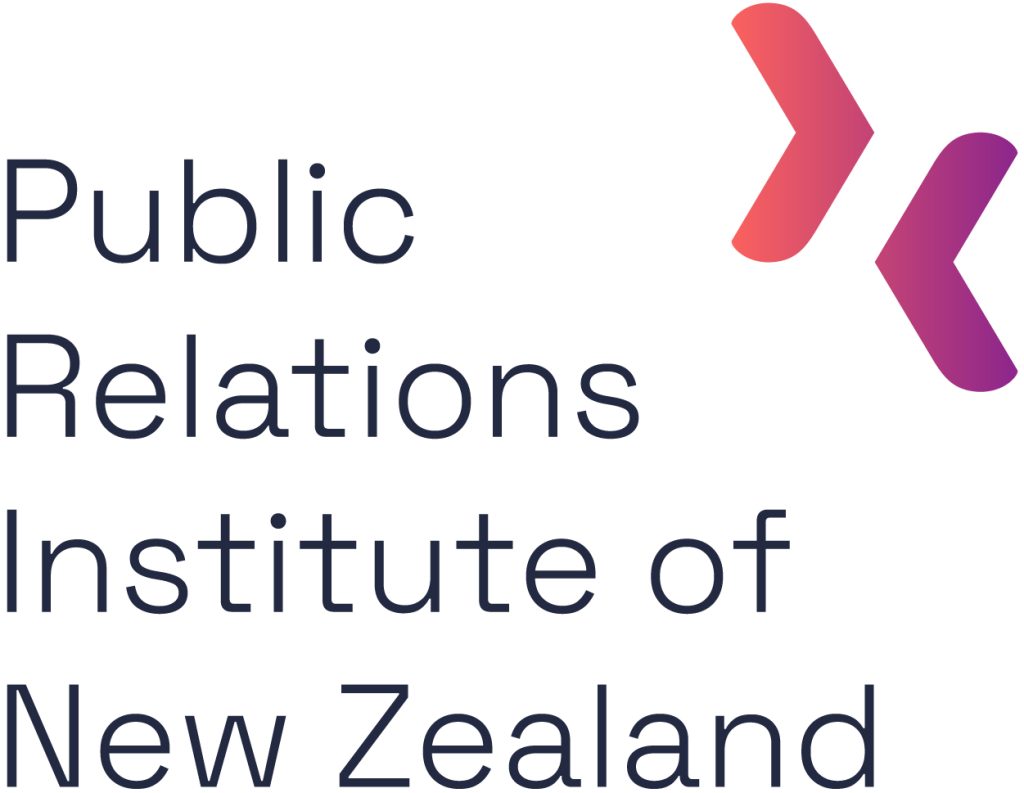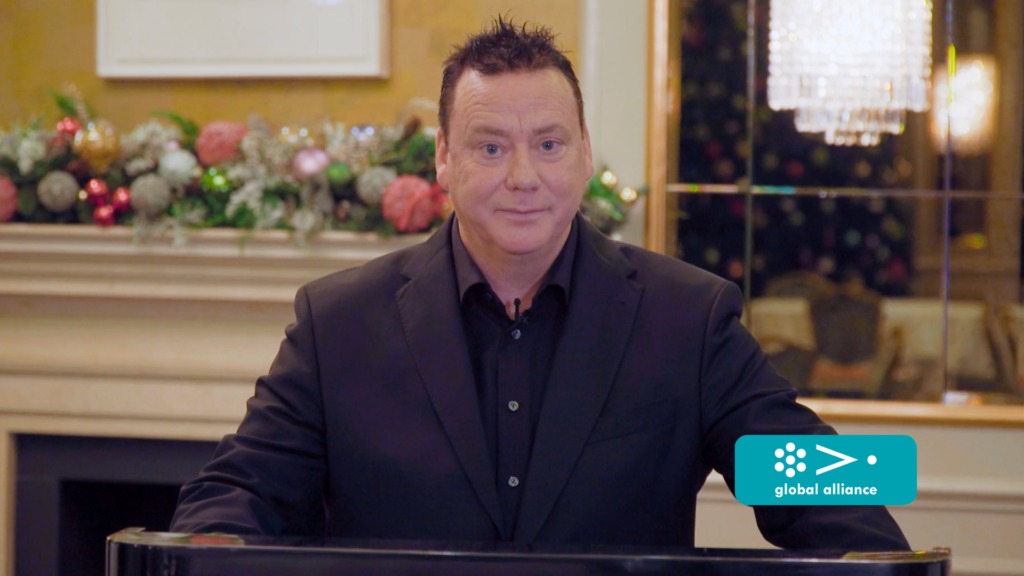Advocacy – why it’s important to us

We know from the results of member research and various conversations we’ve had with many of you around the motu, you have high expectations that PRINZ is seen to be advocating on behalf of our members, for the betterment of the profession.
So, what is advocacy?
Advocacy is any action that speaks in favour of, recommends, supports or defends on behalf of others. It aims to bring change. It can involve a variety of public relations practices such as media relations, issues management, strategic communication, coalition building, and organisation-public interactions focused on building relationships. Advocacy helps people to express their views, thoughts, and concerns and have access to information and guidance in a way they can understand.
What we have been doing in the advocacy space
Our advocacy efforts must aim to bring change. To achieve that, we need to be very deliberate in determining exactly what is important for us, what we want, and why, and what are the risks of saying or doing nothing.
To help focus our advocacy efforts, we have done a few things recently:
- Established an advocacy leadership group (ALG), chaired by PRINZ board member, Denise Mackay
- ALG have confirmed our advocacy priorities (they are listed at the end of this pānui)
- Started a campaign focused on the public sector to support, acknowledge and recognise the valuable contribution of PR and communication professionals. We continue to seek meetings with key Ministers and officials in order to advocate for our colleagues doing important work in the public sector. Taken an active role in engaging with the Ministry of Justice’s political lobbying project (an update is included in this pānui)
- Planning a campaign to better inform recruiters, hiring managers and senior leaders about what to look for in a great PR and communications resource, and to remind them that the public relations function extends more deeply and more broadly across any organisation than simply media engagement. We will conduct perception research to gain the insight we need to sit behind the campaign, and we intend to secure input from members who were formerly journalists to help reinforce the point.
What’s our appetite for risk?
Advocating loudly about various things in the media and on social channels can get lots of attention. Recall the old saying ‘any attention is good attention’? Of course, we of all people know that’s not true! We’ve had to consider our risk appetite in this space. We have determined:
- We are comfortable making strong statements on behalf of PRINZ when required
- We will front up when asked to comment on our position
- We recognise our position won’t always be supported by all our members
- We will not make comment on individuals’ behaviour or activities, but we will name organisations if required
- We will apologise if we get something wrong
You can help PRINZ advocate
We know many of you are passionate about several of the key issues that continue to impact on PR and communications professionals. If you want to get vocal and share your thoughts, we’d be happy to discuss how PRINZ may be able to amplify your voice through our channels. Please get in touch to discuss how we could support you.
If you think there are looming issues out there, that fall under our advocacy priorities, please get in touch and let us know your thoughts.
ALG ADVOCACY PRIORITIES 2024
- To encourage more accurate, informed and nuanced perceptions about the role of public relations professionals amongst business leaders, media and the general population, referencing the full range of our work, the skills we require, the value we deliver and the firm ethical position on which our work depends.
- To demonstrate the wide range of roles, functions and services undertaken and delivered by communications and public relations professionals to counter the prevailing perception that our primary role is to deal with media.
- To build awareness of the qualifications held by public relations professionals both prior to entering the profession and gained subsequently. In general, practitioners come to the profession with relevant tertiary level qualifications, and as PRINZ members, we undertake continuous professional development and subscribe to a code of ethics.
- To demonstrate how our profession helps build diverse and well-informed communities, which are at the core of well-functioning democracies.
- To demonstrate that public relations and communications professionals provide specialist communications advice to high-performing organisations, the value of which is recognised by other providers of legal, finance and HR professional services.
- To promote public relations and communications as a strategic business enabler, most effective when it is included at the outset of the planning process rather than reserved to serve as a tactical delivery mechanism.
- To promote the public relations and communications function belonging in the C suite – not the D suite, having influence and a voice at the top table.
- To promote increasing diversity and inclusion within the public relations and communications industry to enhance the function’s ability to identify and connect with diverse communities.
- To embrace and promote the informed and ethical adoption and use of emerging technologies such as AI, AR, IoT, Voice-Activated Services and Blockchain by public relations professionals.
- To encourage and assist public relations and communications professionals to support their organisations to operate appropriately in a bi-cultural society, underpinned by Te Tīriti o Waitangi.





